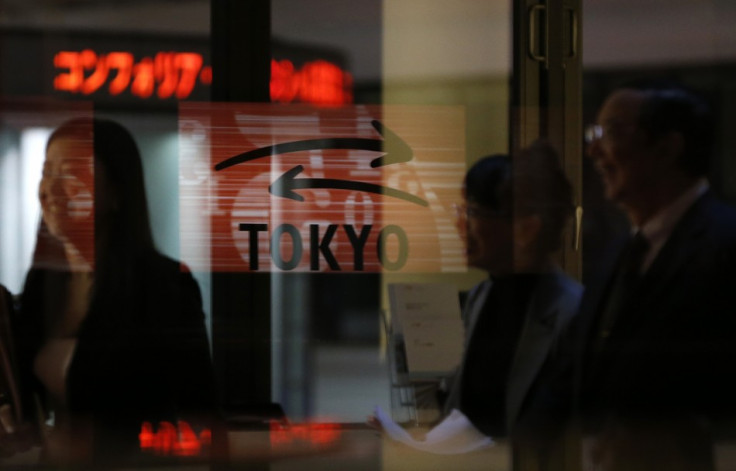Asian Markets Weekly Report: Nikkei Surges on Bank of Japan Stimulus

Asian markets outside Japan retreated this week as weak economic data from world's top economies, tensions in the Korean peninsula and fears of bird flu outbreak in China prompted investors to remain in the sidelines.
Japan's Nikkei average index added 3.5 percent in the week as Bank of Japan's unprecedented monetary expansion plans boosted confidence. South Korea's KOSPI fell 3.9 percent while Australia's S&P/ASX 200 declined 1.5 percent.
China's Shanghai Composite Index, which was closed for two days during the week, eased 0.5 percent. Hong Kong's Hang Seng dropped 2.6 percent.
Markets began the week on a frail note as major economic indicators from the US, Japan and China remained weaker- than- expected, raising recovery concerns across the region.
A pair of China purchasing managers index (PMI) data showed that manufacturing activities in the world's second largest economy missed estimates in March. The official index picked up to 50.9 during the month from the 50.1 recorded in February, well below the forecast of 52.0 by a Reuters poll. HSBC's manufacturing index rose to 51.6 from 50.4.
Chinese government's property control curbs announced over the previous weekend also contributed to the weak market sentiments. This came as the country's largest real estate website reported that property prices surged to a two-year high in March as buyers looked to make purchases before the official curbs kick in.
Towards the end of the week, it was fears of a bird flu outbreak in the country that weighed on the markets. Chinese airline stocks plunged in Hong Kong on concerns that a potential epidemic could prompt a drop in passenger demand.
Japan Surges Ahead
Japanese markets opened the week on a low note after BoJ's Tankan Survey indicated that the country's business were not as confident as expected. The headline index tracking sentiments of large manufacturers picked up to -8 in March from the -12 recorded in December, below expectations of -7 reading.
But it was the central bank's policy meet that dominated market sentiments during the week.
Although BoJ was expected to come up with bold economy-boosting steps, investors remained wary of the outcome in the week ahead of the policy meet as the yen firmed against major currencies and stocks weakened. But the new governor did not disappoint investors, and perhaps more importantly Prime Minister Shinzo Abe, as he delivered on his promises to accelerate efforts to reach the 2 percent inflation target.
The yen weakened to its lowest level in over three years after announcements and the Nikkei breached the 13,000 mark for the first time since August 2008.
Tensions in the Korean Peninsula
South Korean investors remained cautious as tensions with its neighbour North Korea escalated. Seoul's financial officials have warned that tensions with Pyongyang could have a prolonged impact on financial markets, adding further pressure on its already-weak economy.
Officials have vowed to ensure stability in the markets, prompting speculations of monetary easing measures in the near term.
The Week Ahead
The US Federal Reserve Chairman Ben Bernanke is set to deliver a speech on financial stability early next week while FOMC is set to release the minutes of its latest policy meet. But the major event in the coming days is the release of President Barack Obama's 2014 budget.
Across the Atlantic, the euro area's industrial output data is set for release towards the end of next week. Greek bailout issues are expected to return to focus as the Eurogroup of finance ministers meet to assess if Athens has implemented the Troika's mandates for the aid.
In Asia, Chinese inflation and trade data is set for release, which could provide fresh indication on the economy's health. Japan will release factory orders data and Economy Watchers Survey, which analysts expect to remain upbeat.
© Copyright IBTimes 2025. All rights reserved.





















